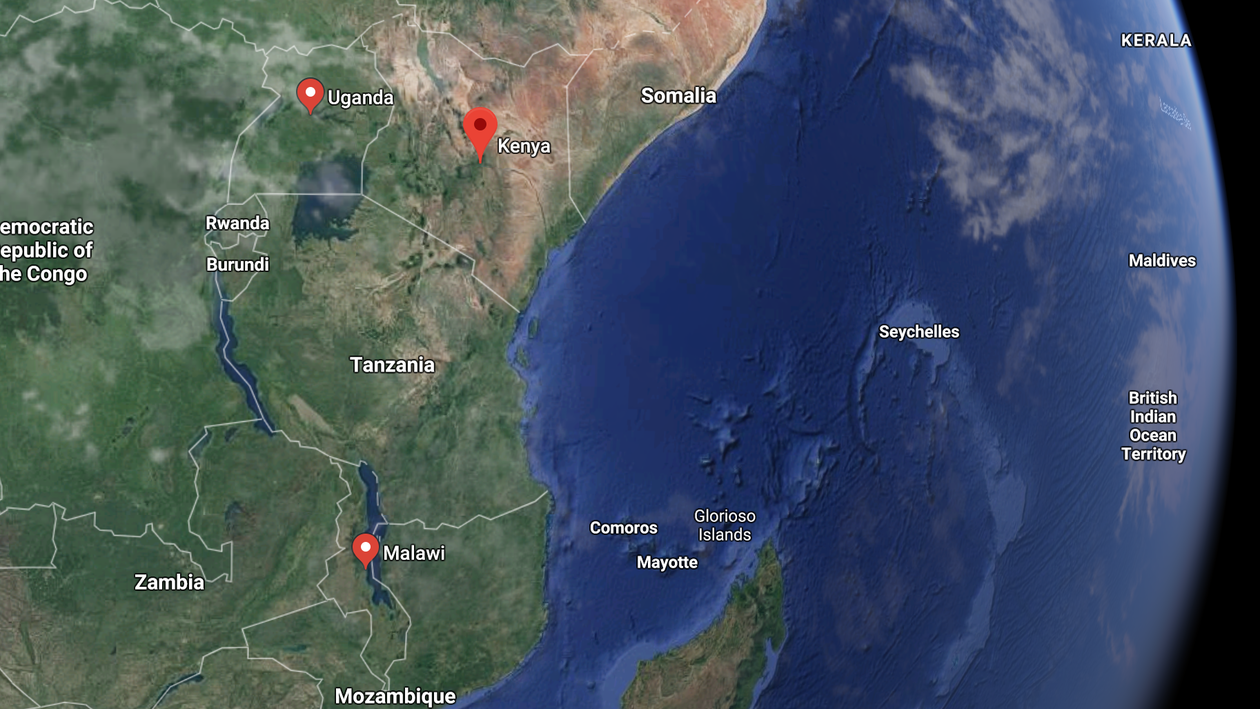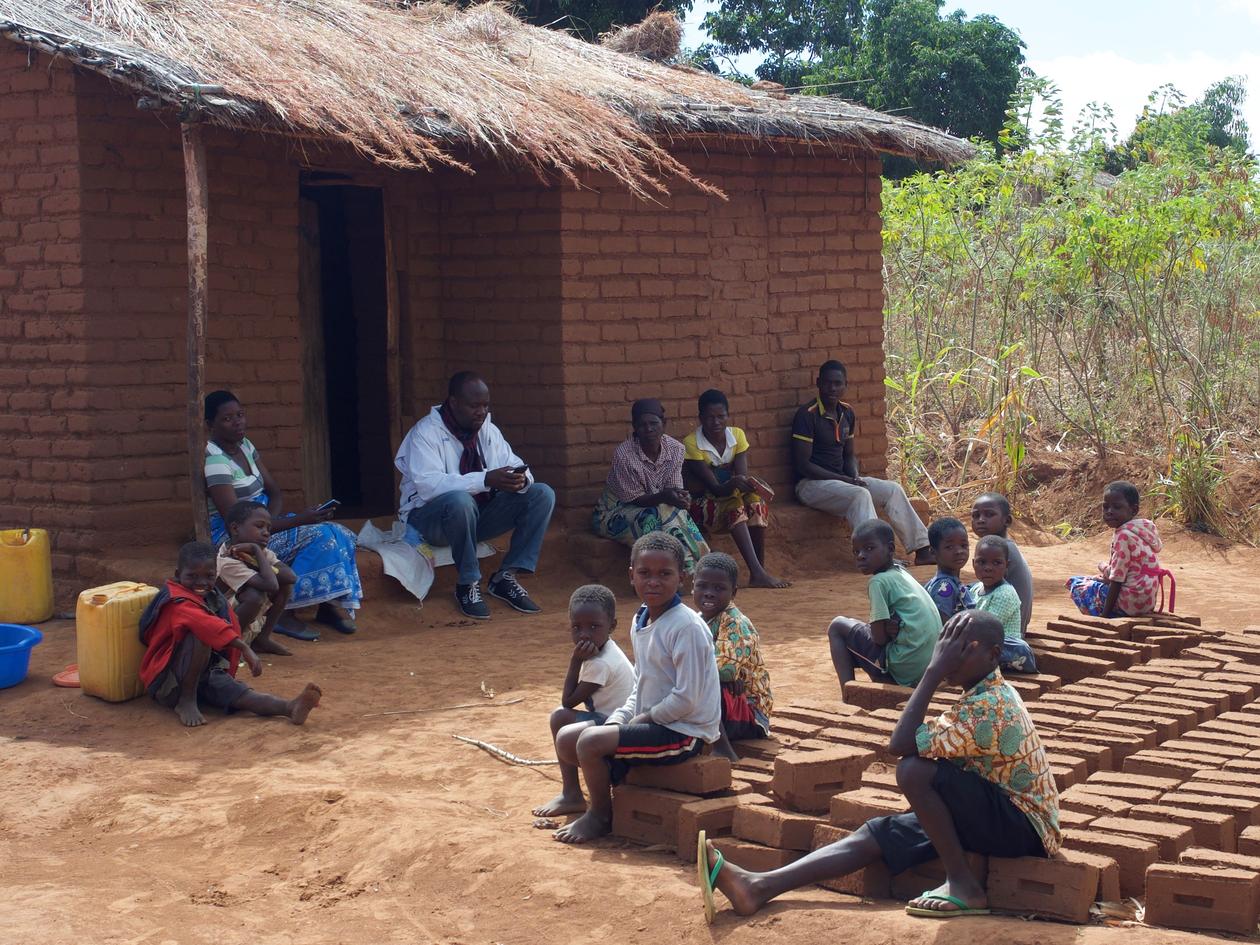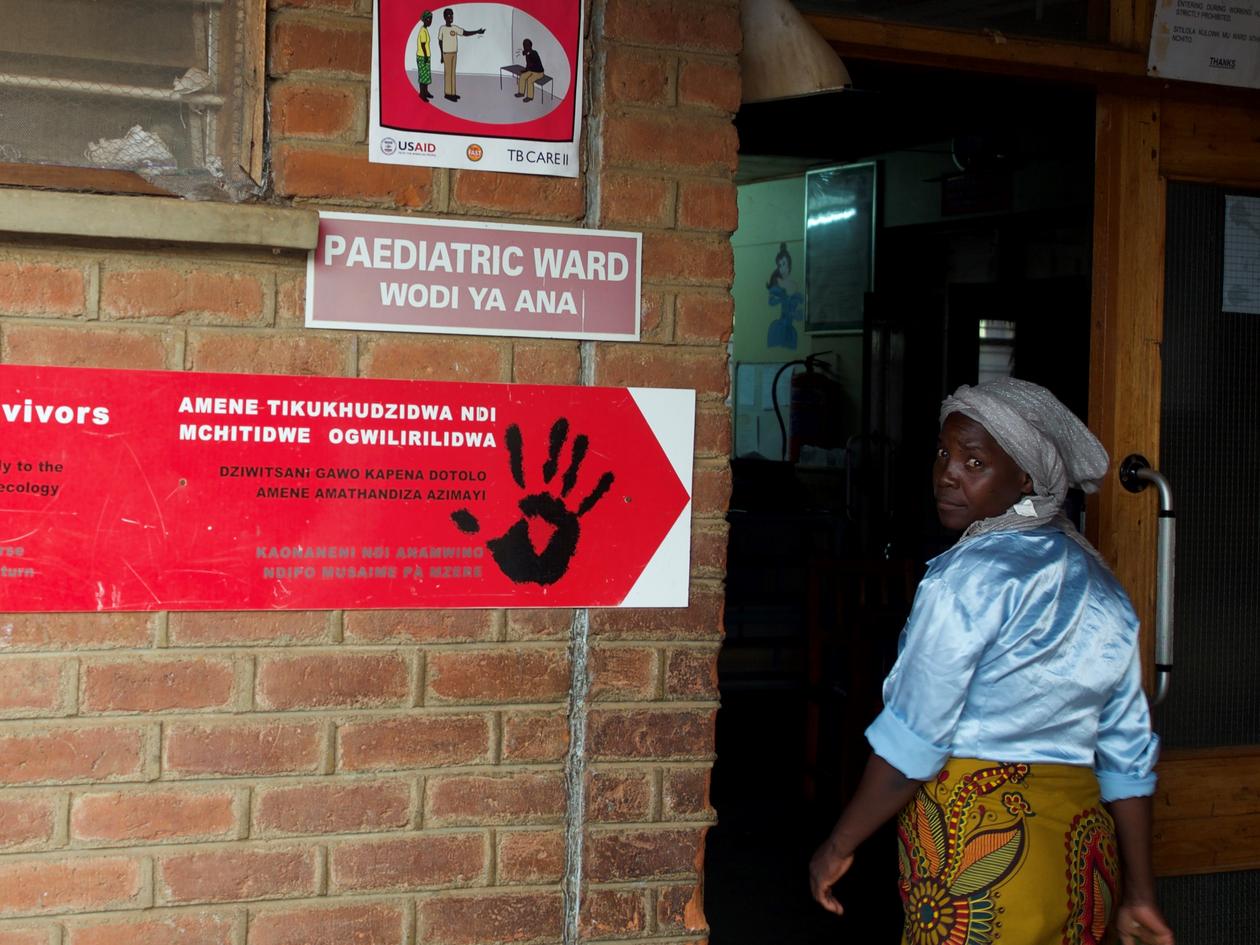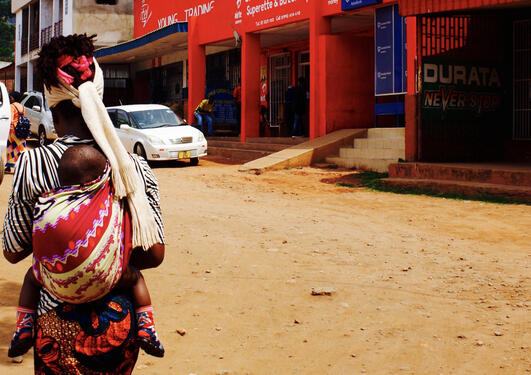Preventing malaria and anaemia in children in Malawi, Uganda and Kenya
Can the provision of antimalarial medicine after hospitalization prevent new malaria infections that causes deadly anaemia in children?

Main content
Anaemia, a condition with decreased levels of red blood cells, is a leading cause of hospitalization in Africa. Many children develop severe anaemia due to previous and current malaria infections. In many sub- Saharan African countries this is a serious threat to children’s health, and causes a substantial number of deaths every year – acute, but also in the months that follows after malaria treatment at the hospital.
Follow-up after hospitalization to prevent new malaria infections
While the routines for the in-hospital-management of both malaria and anaemia is well- established, there is no systematic follow up of these children – meaning that they face the risk of new malaria infections, with the concequence of severe and deadly anaemia.
For this reason, this project will evaluate whether it is safe and efficacious to routinely prevent new incidences of malaria and anaemia by giving antimalarial drugs during the first three months after discharge from hospital.
The research – study design and current status
Studies will be conducted in Kenya and Uganda, where two groups of children will be randomly selected. One group will receive antimalarial medicines (dihydroartemisinin-piperaquine), and the other group will be given a placebo. By September 2018, the recruitment into this study has been completed.
The project will also explore how to best deliver prevention strategies in the real world. In Malawi, the effectiveness, acceptability and feasibility of five different delivery strategies will be assessed, and also their cost-effectiveness. By September 2018, 370 patients have completed the study. In this trial the antimalaria medicine are delivered through community- or facility-based methods – with or without the use of different reminders, including SMS. The research group newly published a study, concluding that this treatment is highly accepted among caregivers in Malawi, revealing that caregivers preferred community-based delivery with the use of health cards.
Additionally, by using modelling techniques the project will determine the epidemiological and geographical settings where this prevention strategy will have the most impact in order to build up evidence for the World Health Organization’s policy development.
Project management by professor Bjarne Robberstad in collaboration with international partners
The project is a part of the Global Health Priorities Research Group, hosted at the Department of Global Public Health and Primary Care (University of Bergen), with Prof. Bjarne Robberstad as project manager. The multidisciplinary team, led by Prof. Phiri (University of Malawi), has an exceptional publication record in this field, and includes senior researchers from Makerere University (Uganda), Kenya Medical Research Institute, Liverpool School of Tropical Medicine, London School of Hygiene and Tropical Medicine, Imperial College London, University of Amsterdam, Indiana University and Chr. Michelsen Institute (Norway).
PhD candidate Melf-Jacob Kühl: Analysing the costs
More information will follow.
PhD candidate Thandile Gondwe: The use of SMS to follow up malaria patients
More information will follow.
Research track student Mehma Pannu: Fair delivery of antimalarial medicine
In addition to important components such as cost-effectiveness, safety and efficiency, a consideration of equity is equally valuable when considering delivery mechanisms. In health and health care we are concerned with its distribution within the population; equity is a term that captures the moral and ethical concern for this distribution. Does delivery mechanism affect the use of services in different socioeconomic groups? Is a specific mechanism superior for richer or poorer parts of the population? Does one of the delivery mechanisms secure better equity compared to the others? In order to resolve these issues, it is important to detect which determinants, if any, is imperative for the delivery of PMC. This is an effort to incorporate equity into cost-effectiveness, and will be valuable input to decision makers when considering new policies.
This part of the project is carried out by reserach track student Mehma Pannu. More information can be found in this poster: Fair distribution of preventative malaria medication among children under 5 years in Malawi
Research track student Sara Svege: Acceptance among caregivers of providing antimalarial drugs after hospitalization
Svege and colleagues recently published a study in BMC Health Services Research based on the perspective of caregivers in Malawi.
In-depth interviews and focus group discussions revealed a high degree of acceptance towards malaria chemoprevention given to children after treatment for severe malarial anaemia. Receiving all drugs before discharge through a community-based approach was perceived as more acceptable than facility-based delivery where drugs had to be collected at the hospital for each treatment course. Informants viewed text messages as a more feasible strategy for reminding caregivers of treatment dates than visits from local health workers. Every child in the trial has a health card where all treatment dates are written. The majority of caregivers described the health card as a reliable and easily accessible tool which was used extensively to remember treatment dates.
Post doc Amani Thomas Mori
More information will follow.



